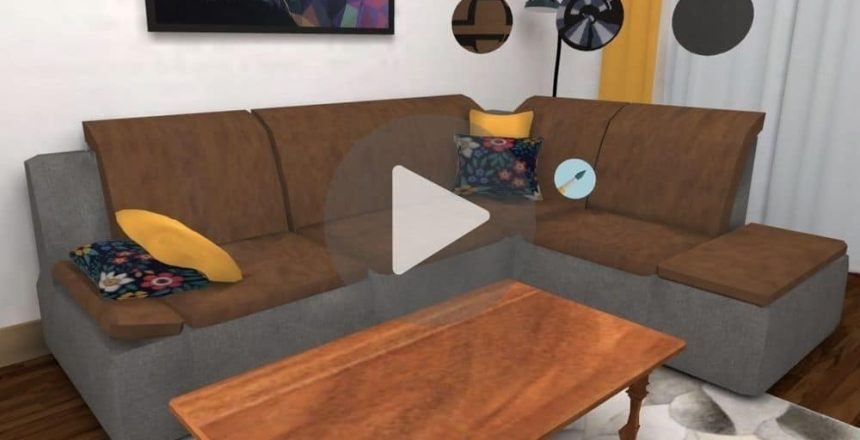Overview of the Project
For Twin Reality, a top technology company that specialises in virtual and augmented reality applications, the project involved creating an interactive WebGL real estate solution.
The project’s objective was to develop a web-based platform that is immersive and interactive and enables users to explore and engage with virtual representations of real estate sites
Who We Created This For and Their Issues
Real estate agents, developers, and prospective purchasers who had trouble successfully exhibiting and researching properties were the target audience for the interactive WebGL real estate solution.
Traditional means of exhibiting properties through still photos or movies frequently fell short of giving viewers an immersive experience and letting them properly see the space. Physical property visits took time and could only be made by a select few prospective buyers.
By offering a dynamic and interactive platform that could simulate the experience of physically visiting a property, the clients hoped to address these concerns. This would enable users to explore every nook and cranny, comprehend the layout, and get a feel for the room’s feel and ambiance. They were looking for a solution that would assist purchasers make better judgements.
Use Cases of the Project
- Virtual Property Tours
Users of the WebGL real estate solution can tour houses virtually while sitting in the comfort of their own homes. Users can explore the characteristics of the house, move between rooms, and get a sense of the area realistically. This is especially helpful for prospective buyers who wish to evaluate the suitability of the home before planning in-person visits.
- Property Customization.
Users of the platform have access to features that let them change the property’s flooring options, furniture layouts, and wall colours. This feature enables customers to picture the alterations they want to make and aids real estate developers in showcasing the property’s potential.
- Remote Collaboration.
The system makes it easier for developers, real estate brokers, and prospective buyers to collaborate remotely. Users can communicate in real time, talk about specifics of a property, and make choices collectively, doing away with the necessity for repeated in-person meetings and saving time and resources for all parties
Conclusion.
The problems faced by real estate developers, agents, and prospective purchasers were successfully handled by the interactive WebGL real estate solution created for Twin Reality.
Users were able to virtually tour properties on the platform, which provided a very immersive and interactive experience that helped them make better judgements.
The solution revolutionised the way real estate properties are shown and experienced with features like virtual tours, property customization, and remote collaboration.
Clients of Twin Reality benefited from greater engagement, quicker sales cycles, and lower costs related to on-site property visits.
The initiative served as an example of how cutting-edge technologies may revolutionise the real estate sector and produce more effective and interesting experiences for all parties involved.

